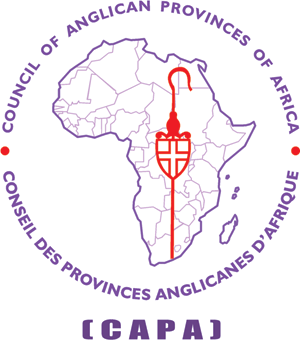“The world is my country, all mankind is my brethren and to do good is my
religion”
Mandate of the Commission: To awaken the Church to her role in holistic transformation of communities; providing theological anchoring for the church; mobilizing other faith institutions to use Holy Scriptures as a re-source for peaceful coexistence in multi-faith communities. The Commissions shall also build the internal capacity of the Church through strengthening Theological Education, developing relevant resource materials and capacity building programs and orientation sessions for the members of the different organs of the church to become effective channels for Christian witness.
This Commission operates under the basic assumption that the churches will under-take a process of review and capacity enhancement using the “Healthy Church” as a yardstick/tool.
A Healthy Church is founded on sound Biblical doctrine and Scripture and it
a) Organizes corporate prayer that is intentional and a priority and is often evan-gelically intentional;
b) Creates innovative ways of helping members to read the Bible regularly;
c) Puts priority and focus on the nationhood and nation building that ensures ac-countable governance, socio-economic development and security.
d) Has a missional community presence in form of community service, care for its membership;
e) Engages actively and visibly in public action and advocacy campaigns that are critical for creating platforms for public witness and collective accountability and communion.
Empowering Congregations
The greatest and most sustainable form of empowerment any church can invest in is its membership. Every member of a congregation has specialized qualifications and a broad range of knowledge, expertise, experiences and skills that can be harnessed.
Parishes need to undergo skills mapping and grouped members of the congregation according to profession/skill, use that categorization to develop action plans to empower the congregations and communities around them.
Because of the strategic positioning of Parishes and availability of specialized skills in congregations, the Church is best placed to package, respond to and address emerging issues in the communities using in-house capacity.
The Anglican Church has presence in many nations and a good number of communities in the continent. It is trusted because of its staying capacity, accessibility to community members, and convening power. At any level of engagement, the Church leaders need to build on that and lead in identifying, from within its congregations, people with relevant skills, expertise and experience in the area/ topic or issues for engagement, and level of engaging with centres of influence at any given time.
